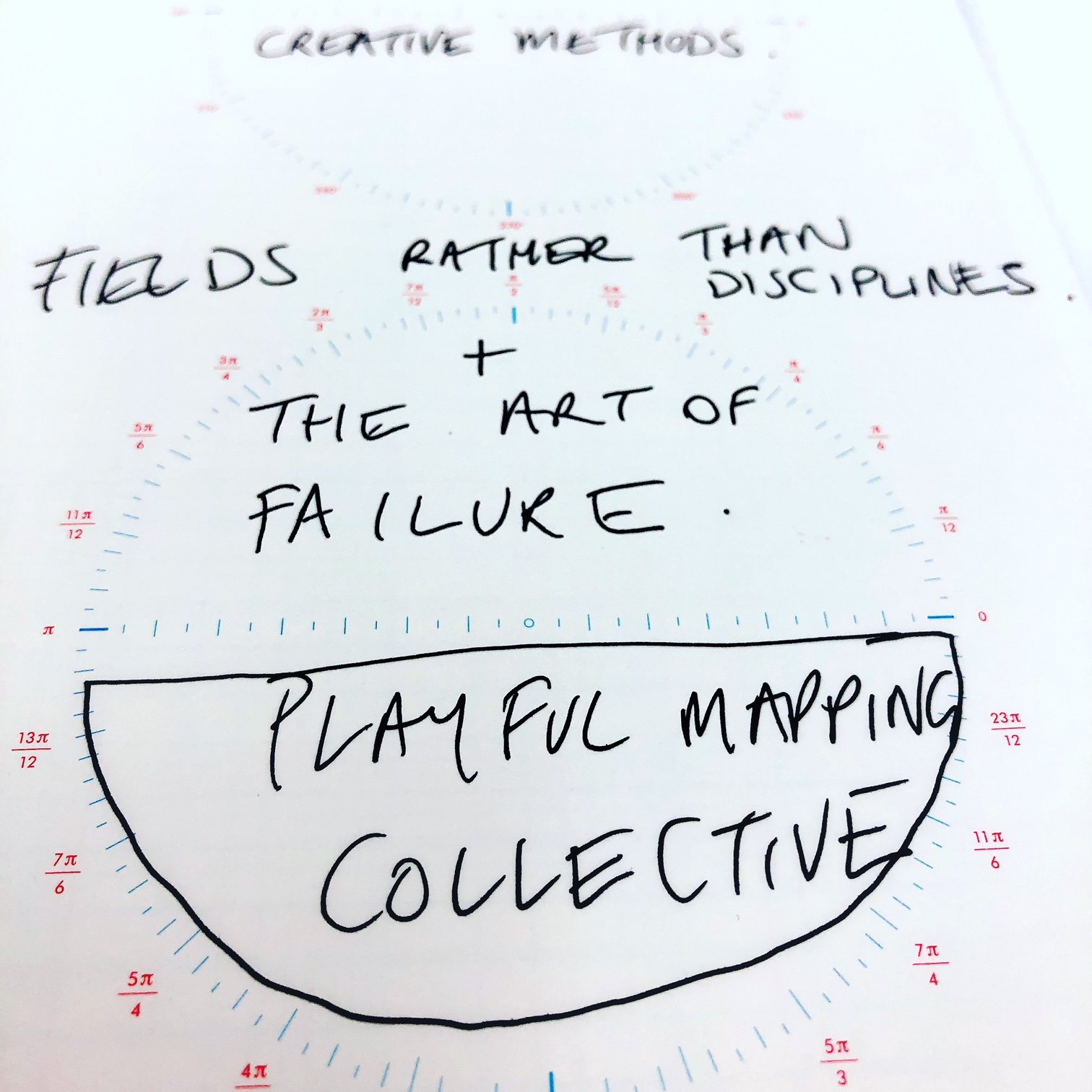A few recent co-design and interdisciplinary workshops.
-

Care, Media & Ritual Workshops (Japan)
New media and digital mobile technologies are affording families new ways to care-at-a-distance. These workshops explored some of the practices and challenges in thinking through the entanglement of care, media and ritual.
-

Care-at-a-Distance with Telstra
This concept-generation workshop aimed to connect multidisciplinary insights around digital care, particularly in domestic contexts. In particular, the workshop sought to consider some of the challenges and opportunities in the emergent fields of locative media, intergenerational care-at-a-distance, friendly surveillance and assisted living.
-

Cities as Playgrounds Workshop (Barcelona)
This creative and interdisciplinary workshop brought together international experts across artists, game designers, play theorists, ethnographers, and designers to consider the possibilities of action research and co-design experiments in and around the Superilla, Barcelona.
Participants considered playgrounds as powerful vehicles for understanding cultural and social ways of being in urban spaces.
-
Creative Methods for Social Mapping Workshop (Barcelona)
These workshops explored creative interdisciplinary methods around failure – not just as a creative opportunity for re-calibrating methods, research questions and external expectations, but also as a way of knowing the world, and; most importantly, failure as a vehicle for critiquing larger issues around the challenges of the academic and political landscape.
-

Do you use your smartphone to access bushfire information?
The two workshops involved participants ranging from 19–70 years old, from diverse cultural backgrounds, currently living in Victoria, Australia. During the two workshops we explored how, as smartphone users, they used mobile and non-mobile media to find and manage information, emotions and networks during the 2019-2020 Australian summer bushfire crisis.
-

Doing Digital Methods Workshop (Japan)
Jointly hosted by RMIT University and Ritsumeikan University (Japan) explored interdisciplinary and critical creative methods within mixed reality contexts, including VR, AR, and AI, to consider socially innovative and sustainable futures.
-

Failurists
In July 2018, RMIT Europe hosted a workshop to discussbest practices for creative, impactful research methods. The primary theme was failure. Through series of provocations about the limits of contexts, disciplines, content, ethics and situations, we explored various tropes around failure – failure not just as a creative opportunity for re-calibrating methods, research questions and external expectations, but also as a way of knowing the world, and; most importantly, failure as a vehicle for critiquing larger issues around the challenges of the academic landscape.
-

Games for Change: Ecosystem Workshop
In this workshop, primary school students learnt about game designing and what makes a “good” game. The class was asked to reflect upon types of ecosystem problems and how they could solve the problem. They then took these reflections and worked in groups of 4-5 people to collaborate together to design a game. They worked together to design amazing games that teach—through game play—players to be mindful of the environment.
-

Games for Change: Play Methods for Social Innovation (Japan)
This workshop reflected upon play methods from game design as a way to innovate socially. The workshop explored the power of games to innovate, to provoke, to create empathy, and to change the way people see the world.
Participants were then asked to design a game in response to their current research projects—ageing in Japan and gender inequity in Japan.
-

Mapping and the Senses Workshop (Japan)
In this workshop we asked students from Tsuwano University to think about mapping, place and the senses. We explored the idea of map making from diverse perspectives. We explore how you we think about maps as complex ways of seeing and feeling the world.
Students were introduced to the idea of ethnography as a way to make sense of the world through nuanced and situated narratives of practice.
-

MARC Future Visioning Workshop (online)
On November 16th RMIT facilitated the Melbourne Ageing Research Collaboration (MARC) Future Visioning workshop. Set in 2025, the workshop was framed by human centred approaches (i.e. persona case studies) to mobilise the MARC mindhive/ brain’s trust to create a vision statement that was both aspirational and pragmatic. The groups considered the opportunities and challenges for what successful ageing well in 2025 might look like. The aim was to develop a vision statement for MARC that was forward in its mission.
-

Playful Cartographies: A serious play workshop (Japan)
In this workshop we explored the power of games to innovate, to provoke, to create empathy, and to change the way people see the world.
Participants were then asked to design a game in response to their current research projects—sustainable development goals (SDGs); the sensorial experiences of Awaji; Awaji ceramics; Agriculture enterprise (Agrienterprise) and Awaji youth festival.
-

Social Play Workshop (Japan)
The Social Play Workshop introduces and encourages STEAM (Science, Technology, Engineering, Arts, Maths) skills and capabilities in the primary School classroom. This iteration of the workshop took place on Thursday the 7th June at Kyoto International Primary School, Japan. The workshop was conducted in English and delivered to a class of 18 students.
-

Urban Play Workshop (Japan)
In this Co*Design Center workshop participants discussed games for change before exploring two types of urban play. One in the form of Pokémon GO for older adults, the other an art game about the environment.

